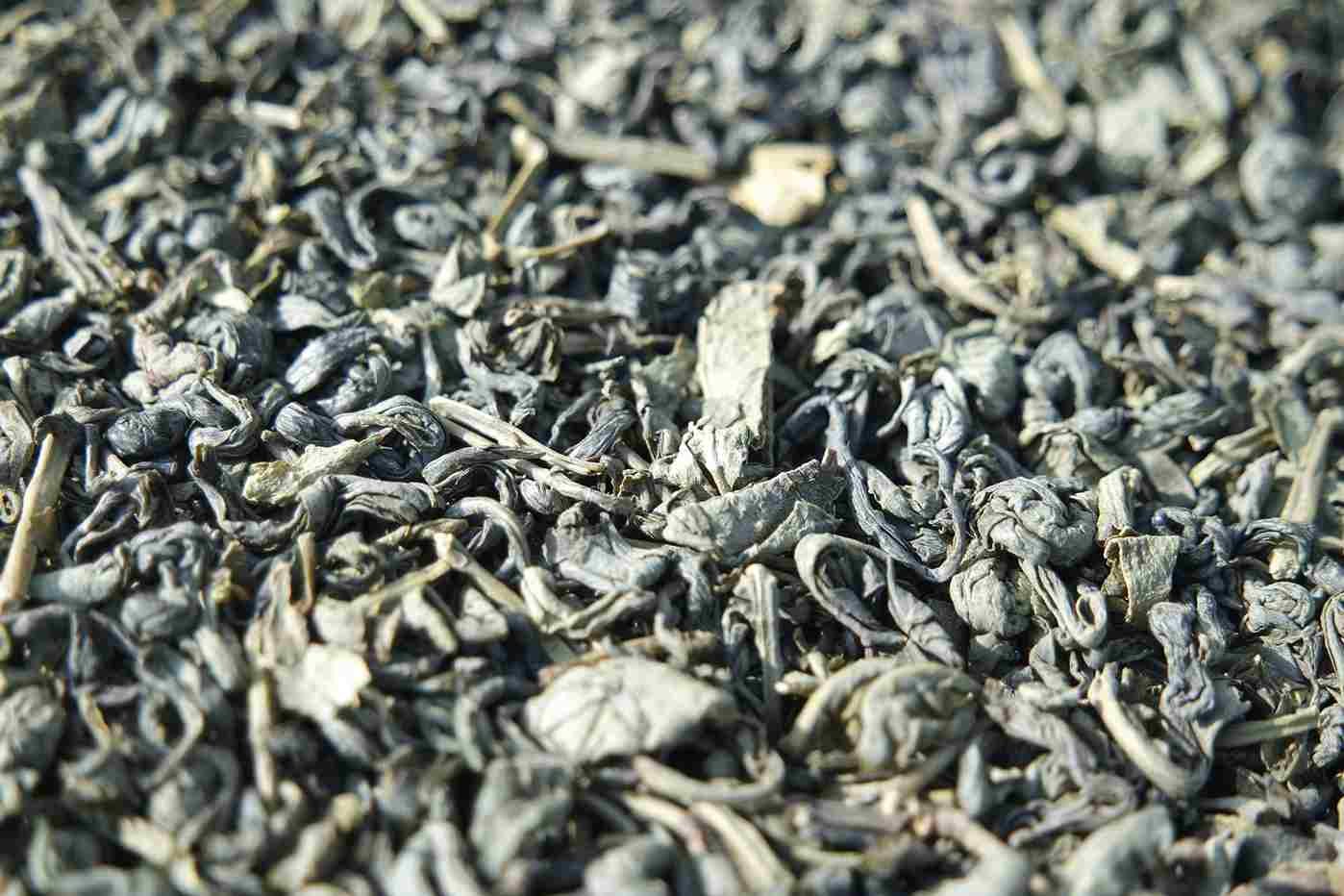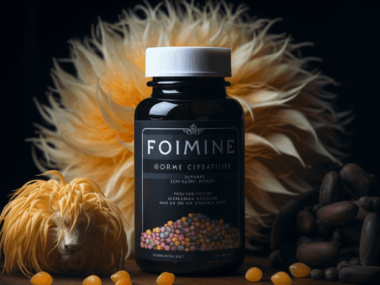While L-Theanine is not typically classified as a nootropic, it is often included in nootropic supplements due to its potential cognitive-enhancing effects.
At some point, you may have heard about L-Theanine, a compound found in tea leaves that are used in many supplements marketed as nootropics. The term nootropic refers to a type of supplement that enhances cognitive function, such as memory, focus, and creativity. L-Theanine is known for its calming effects and has been suggested to improve brain function. But the question remains: Is L-Theanine a nootropic?
What is L-Theanine?
L-Theanine is a naturally occurring amino acid found in green tea leaves. It was first discovered in 1949 by a Japanese scientist, Sakato I., who isolated the compound from tea leaves. L-Theanine is known to have a calming effect on the mind without inducing drowsiness, making it a popular choice for individuals who are looking to reduce anxiety and stress while maintaining focus and concentration.
L-Theanine’s Effects on the Brain
L-Theanine is known for its ability to improve cognitive function by increasing alpha waves in the brain. Alpha waves are associated with a relaxed state of mind and are present when the brain is in a state of wakeful relaxation. Research has shown that L-Theanine increases alpha waves in the brain, leading to improved cognitive performance and reduced anxiety levels.
In addition to its effects on alpha waves, L-Theanine also boosts the levels of GABA (gamma-Aminobutyric acid) in the brain. GABA is a neurotransmitter that is known to have a calming effect on the mind. By increasing GABA levels in the brain, L-Theanine can help to reduce anxiety and stress levels.
L-Theanine’s Benefits for Cognitive Function
L-Theanine has been shown to improve cognitive function in a number of ways. It can improve memory recall and reaction time, as well as increase mental clarity and focus. Studies have also shown that L-Theanine can improve task-switching ability and reduce mental fatigue, making it a useful tool for individuals who need to maintain focus for extended periods of time.
L-Theanine’s Benefits for Anxiety and Stress
Anxiety and stress can have a significant impact on cognitive function, making it difficult to concentrate and focus on tasks. L-Theanine’s ability to increase alpha waves and GABA levels in the brain makes it an effective tool for reducing anxiety and stress levels, without inducing drowsiness.
Studies have shown that L-Theanine can reduce anxiety and stress levels in individuals who are facing stressful situations, such as public speaking or taking exams.
L-Theanine and Nootropic Properties
Nootropics are supplements that improve cognitive function, such as memory, focus, and creativity. While L-Theanine is not typically classified as a nootropic, it is often included in nootropic supplements due to its potential cognitive-enhancing effects.
Some studies have suggested that L-Theanine may improve cognitive performance, attention, and mental clarity, which are all desirable effects of a nootropic supplement. Additionally, L-Theanine’s calming effects may also help to improve cognitive function by reducing stress and anxiety levels.
How to Use L-Theanine as a Nootropic
L-Theanine is often taken in conjunction with caffeine, as the two compounds have complementary effects on cognitive function. While caffeine is known to increase alertness and focus, L-Theanine can help to reduce the jittery side effects of caffeine and promote a sense of calm.
L-Theanine supplements are available in a variety of forms, including capsules, tablets, and powder. The recommended dosage of L-Theanine varies depending on the individual and the desired effects. However, most studies have used dosages ranging from 100-400mg per day.
Conclusion
In conclusion, while L-Theanine is not typically classified as a nootropic, it is often included in nootropic supplements due to its potential cognitive-enhancing effects. L-Theanine is known for its calming effects and has been suggested to improve brain function. Several studies have suggested that L-Theanine can have positive effects on cognitive function, attention, and mental clarity. L-Theanine is often taken in conjunction with caffeine, as the two compounds have complementary effects on cognitive function.
While more research is needed to fully understand the effects of L-Theanine on brain function, it is a safe and well-tolerated supplement that may offer cognitive benefits when used appropriately. If you are interested in using L-Theanine as a nootropic, be sure to speak with your healthcare provider to determine the appropriate dosage and to ensure that it is safe for you to use.








